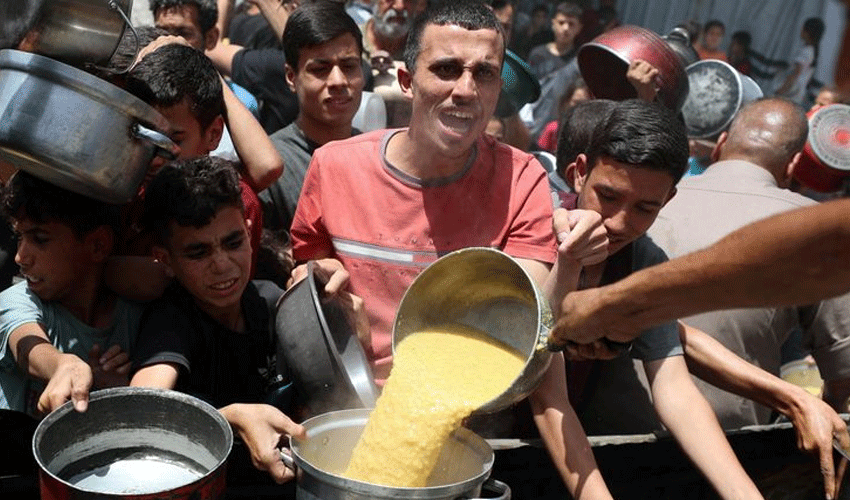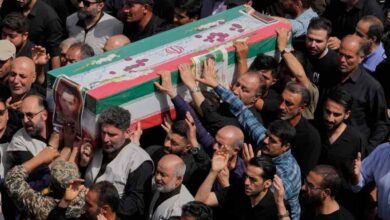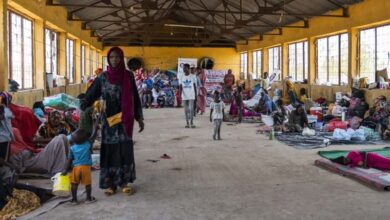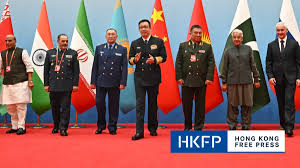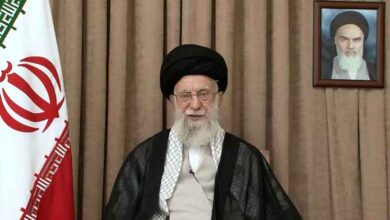Israel has permitted the first limited delivery of humanitarian aid into the Gaza Strip in nearly three months, amid mounting international pressure and growing fears of mass starvation across the besieged Palestinian enclave.
According to the United Nations, a small number of aid trucks were allowed entry through the Karem Abu Salem (Kerem Shalom) crossing on Monday, marking the first such delivery since early March. The resumption of limited aid comes amid a continued and intensified Israeli military campaign, which has reportedly killed more than 150 Palestinians in the last 24 hours alone.
UN humanitarian chief Tom Fletcher described the development as “welcome” but said it fell far short of what was needed. “It is a drop in the ocean of what is urgently required. Significantly more aid must be allowed into Gaza starting tomorrow morning,” he said in a statement.
The United Nations and several aid agencies have repeatedly warned that the territory’s 2.3 million residents are facing catastrophic levels of food insecurity. The World Health Organization (WHO) on Monday warned that two million people in Gaza were now at risk of famine.
WHO Director-General Dr Tedros Adhanom Ghebreyesus told delegates at the World Health Assembly that 160,000 tonnes of food and critical supplies were stuck just minutes away at the border. “People are dying from preventable diseases as medicines wait at the border, while attacks on hospitals deny people care and deter them from seeking it,” he said.
Since March 2, Israel had maintained a complete blockade on Gaza, following the Hamas-led October 7 attack, in which more than 1,100 people were killed in southern Israel. Over the past three months, no aid trucks had been allowed to enter the enclave, which previously received more than 500 trucks a day.
The Israeli government’s decision to permit the delivery of a limited quantity of food followed what Prime Minister Benjamin Netanyahu acknowledged was “pressure from allies”. In a video address on Monday, Netanyahu said even Israel’s “greatest friends in the world” had voiced concern over the emerging humanitarian catastrophe.
“There is one thing we cannot stand. We cannot accept images of hunger, mass hunger. We cannot stand that,” he quoted his allies as saying, adding that to “achieve victory” in Gaza, “we need to somehow solve the problem.”
However, Netanyahu also clarified that the quantity of aid would remain “minimal,” a stance criticised by aid groups and foreign governments alike.
The UN Secretary-General’s spokesperson, Stephane Dujarric, said the UN would continue distributing whatever aid it could through its own mechanisms but emphasised that the current amount was “not enough.”
“This is putting people at risk,” he said. “We have been very clear with our Israeli counterparts.”
Dissent within Israeli government
Despite the prime minister’s remarks, several members of his far-right coalition strongly opposed the move. National Security Minister Itamar Ben-Gvir called the decision a “grave mistake,” while Heritage Minister Amichai Eliyahu termed it a “tragedy,” arguing that it would hinder Israel’s goal of defeating Hamas.
Israel’s critics have accused it of using starvation as a tool of war. The Council on American-Islamic Relations, a US-based advocacy group, said the delivery of nine trucks was insufficient and aimed merely at deflecting criticism.
“This is a completely insufficient, psychotic PR stunt by Netanyahu’s genocidal government, which is determined to occupy and flatten Gaza, and then expel any Palestinians who survive,” the group said in a statement.

